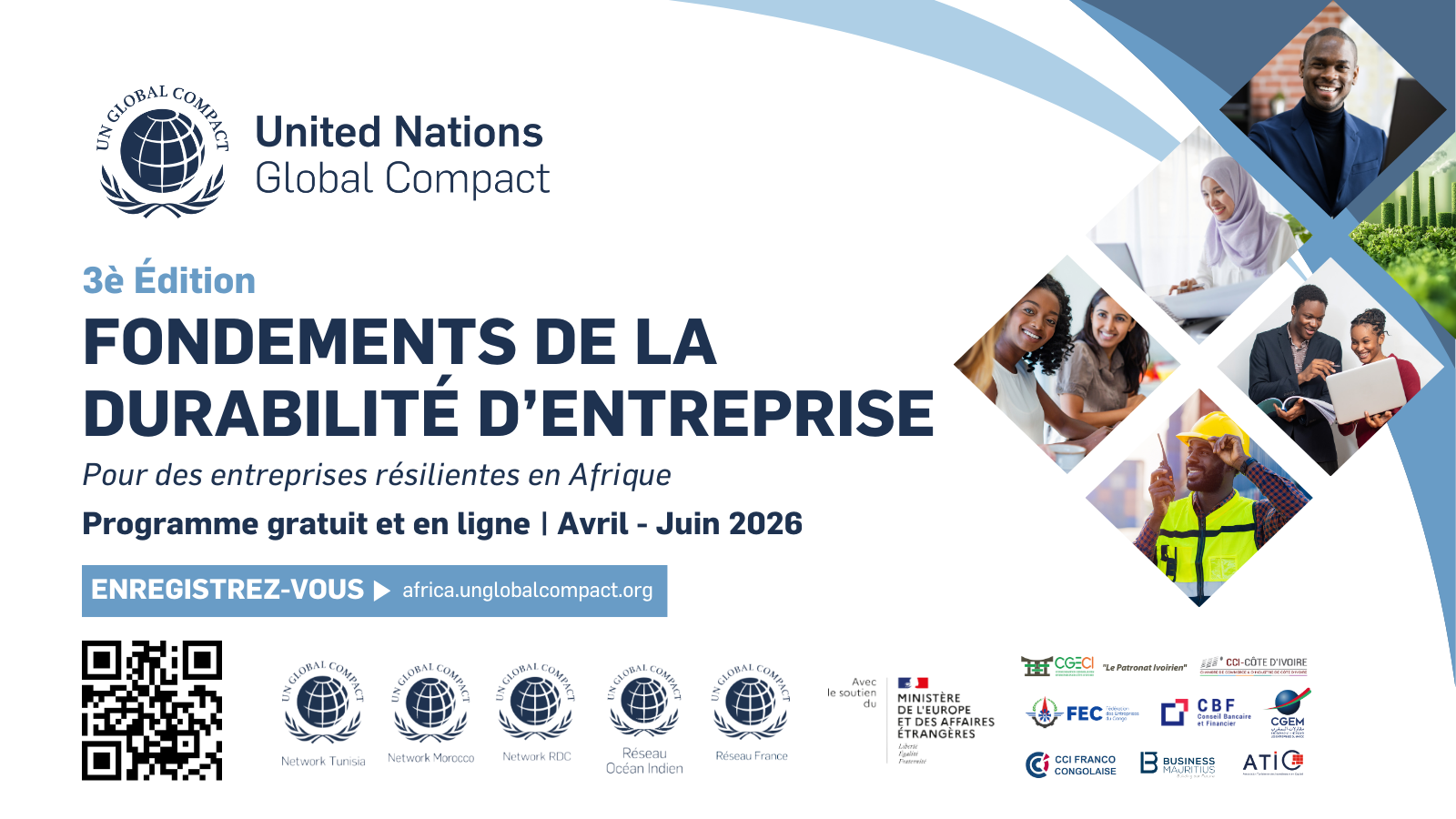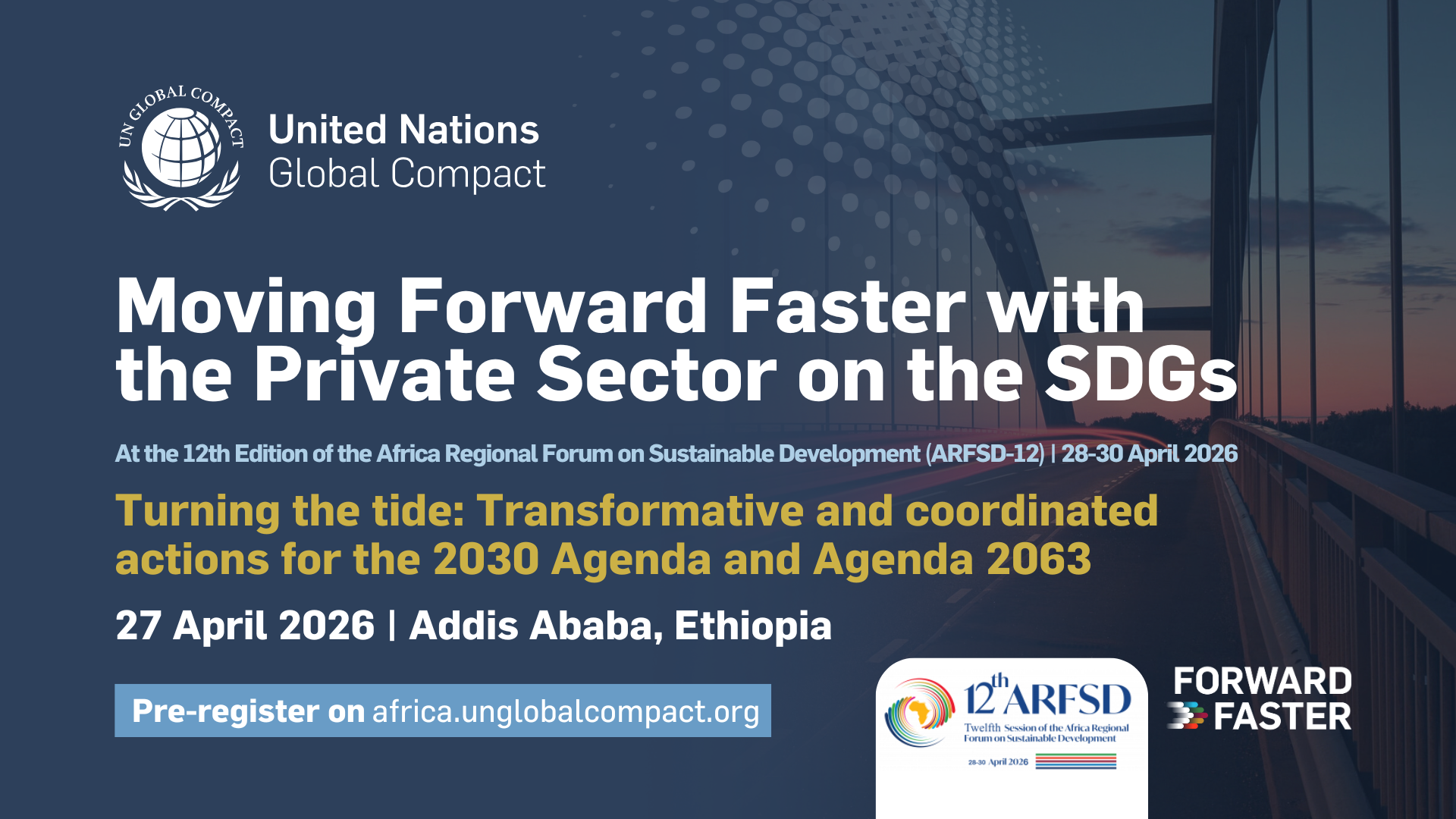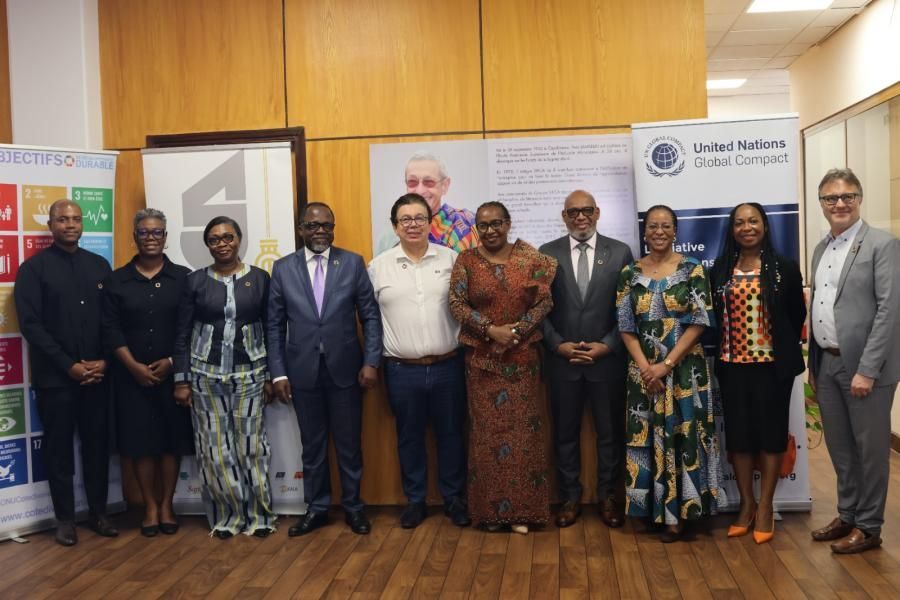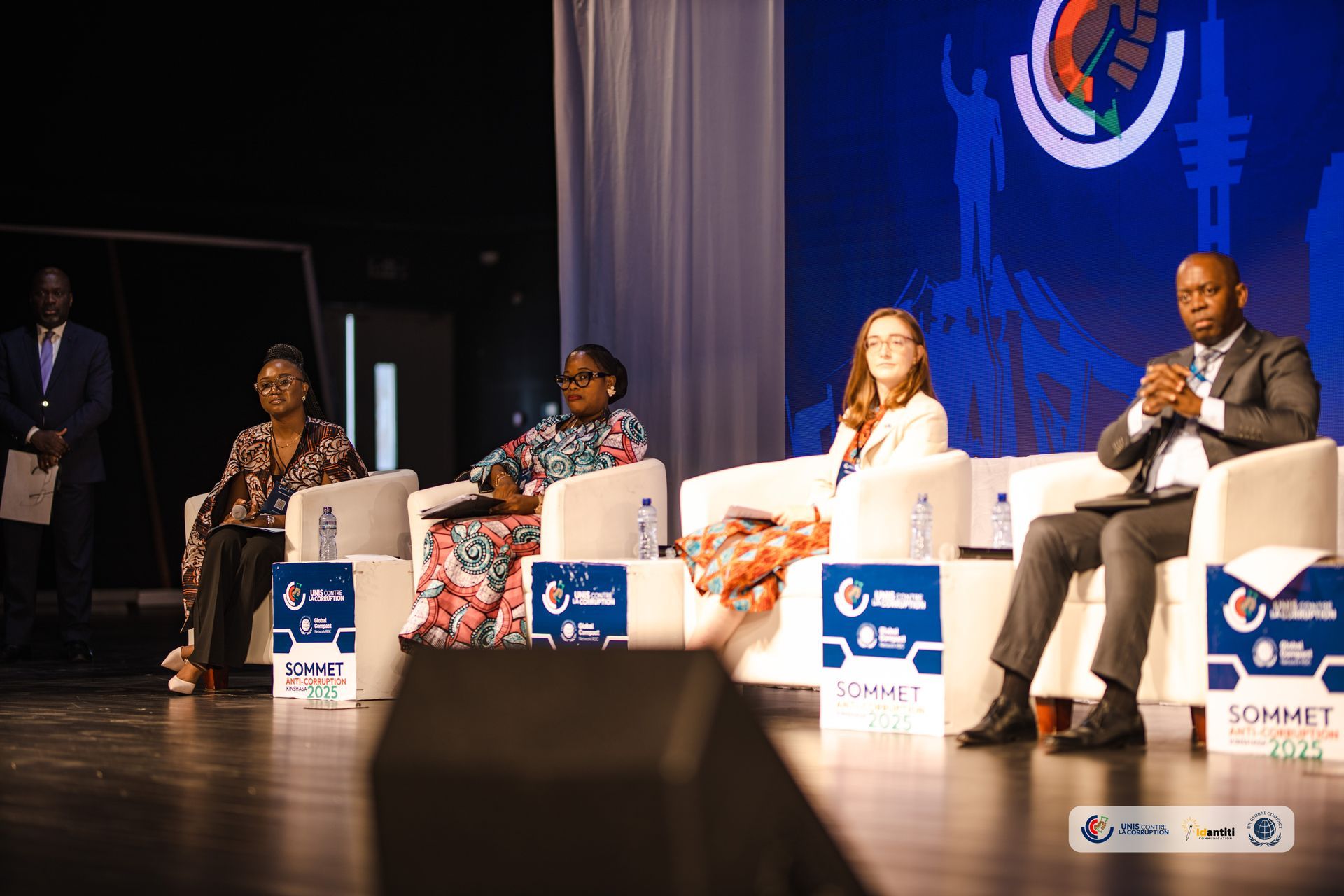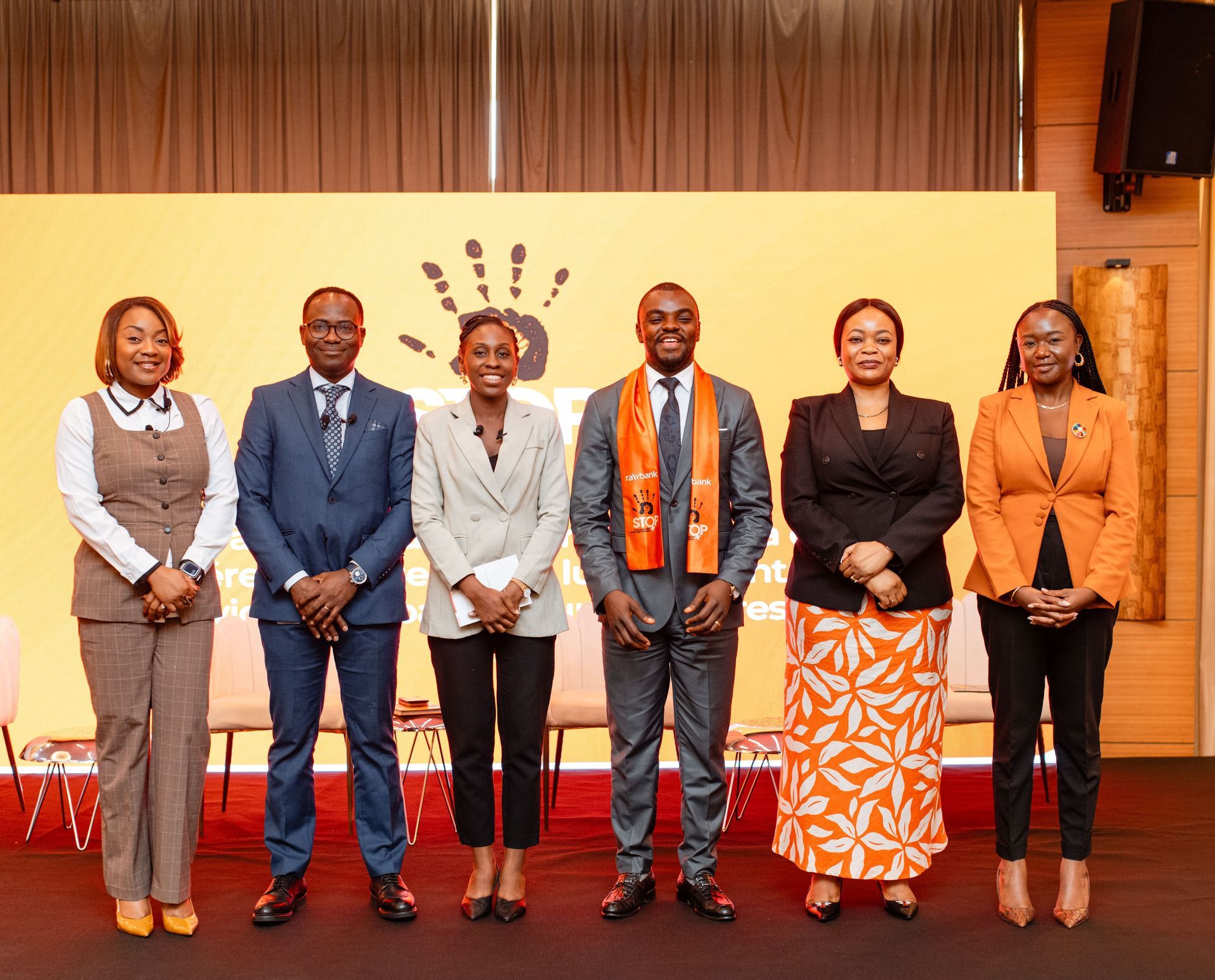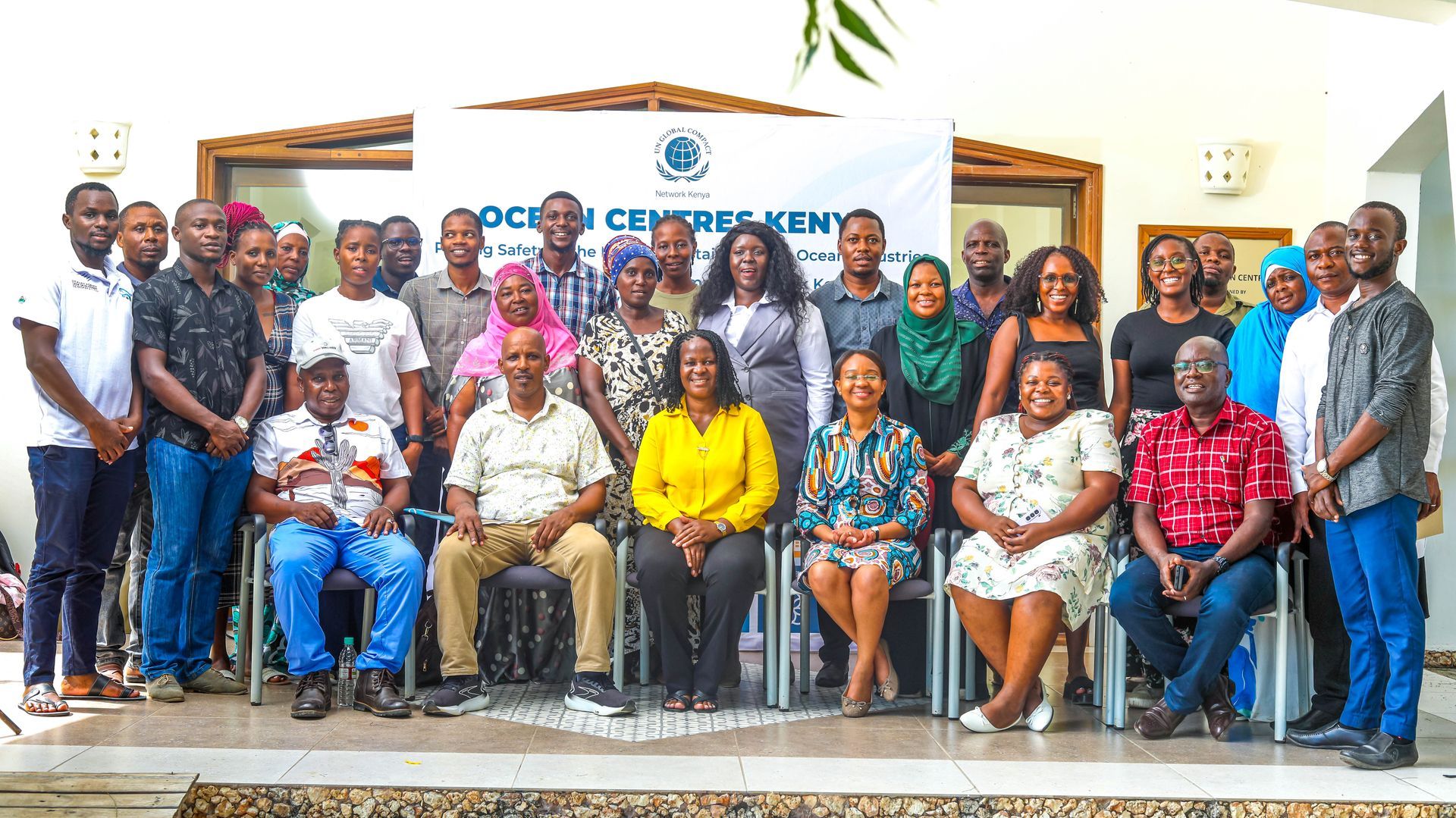1000+
AFRICAN PARTICIPANTS
45
AFRICAN COUNTRIES
10
LOCAL NETWORKS
Latest news and events
Presence in Africa
We have Global Compact Networks in 10 countries across Africa with more than 1000 organizations signed up to participate.
Contact in Africa
Do you want to know more about the UN Global Compact and how it works in Africa? Request information from the regional office.
